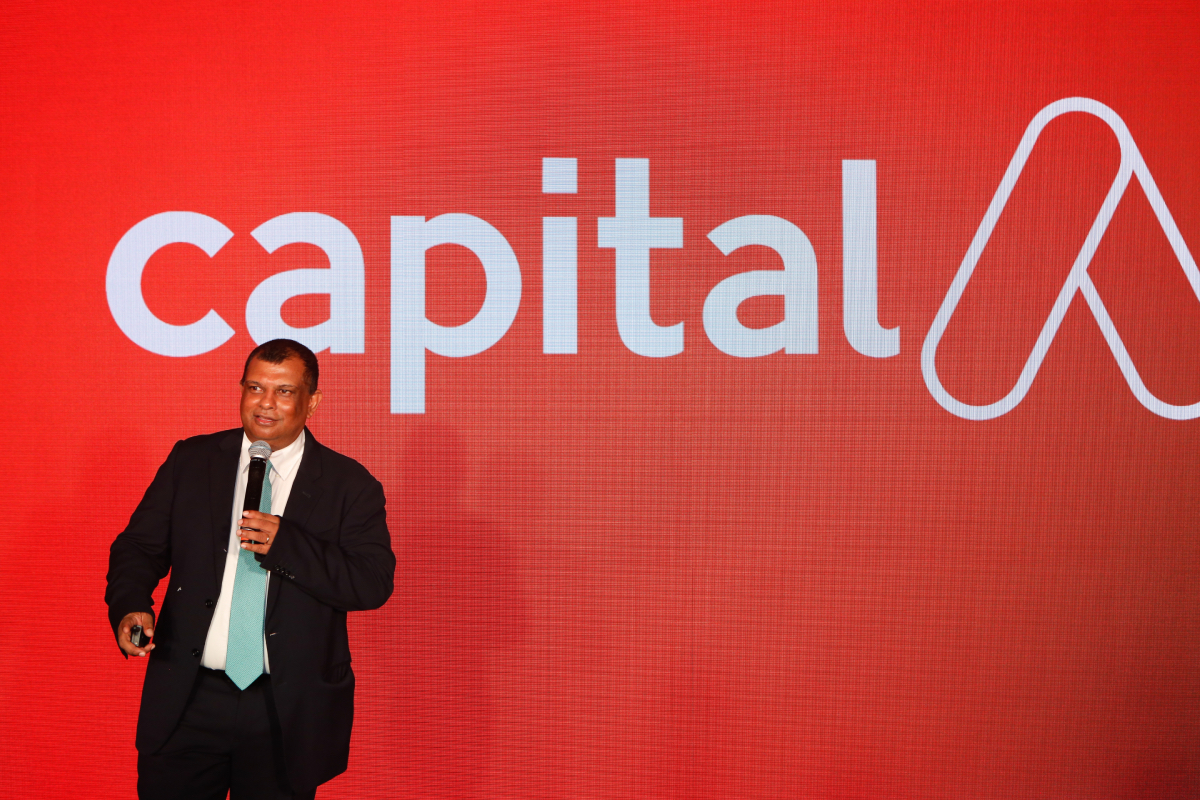The Inside Story of an Activist Investor’s Fight for Travelport

Skift Take
Elliott Management won. Wednesday was the last day for travel technology giant Travelport to shop for rival bids to Elliott’s $4.4 billion buyout offer. The companies have not publicized a better offer.
Elliott, a $34 billion hedge fund led by boardroom scourge Paul Singer, will use a private equity arm, Evergreen, for the transaction. It will also partner with private equity firm Siris in a quest to take Langley, UK-based Travelport, the travel tech and travel agent distribution company, private.
However, the road to the deal was pot-holed. Elliott wanted a partner to split the risks. It found one, but when that unnamed partner saw Travelport’s books, it balked and ran, according to a Travelport Securities and Exchange Commission filing about the run-up to the deal. The same thing happened again over the summer with a different unnamed partner.
It wasn’t until the fall that Elliott found Siris. Four other financial entities kept their interest limited to making phone calls.
Besides private equity, four technology companies called. Among these, only one — opaquely referred to in the financial documents as “Strategic Party C” — showed enough interest that, in June, it made a formal acquisition proposal. It looked at Travelport’s books in-depth and listened to a management presentation. Then in July, the company got cold feet.
In short, Elliott and Siris faced only one truly serious rival bid, and that was from another financial firm, believed to be in private equity.
Between September and November 5, an unnamed rival financial entity said it was interested in making a counterbid but that it would similarly need a financial partner to execute a full buyout.
Travelport decided to only allow that rival bidder until January 23 to make a formal counter-offer. No bidder came out of the shadows.
Elliott and Siris will pay only $15.75 a share, a slight 2.3 percent premium to the closing price on the day before the announced deal.
Observers had mixed reactions. Morningstar’s investment research unit said it would downgrade the company’s “stewardship rating” from standard to “poor,” given its analysts’s view that this offer, unanimously approved by a board that owns about 1 percent of the shares, is “not in the best interest of shareholders,” according to a note by Dan Wasiolek, senior equity analyst.
It’s difficult to pinpoint why Travelport didn’t fetch top dollar. Travelport will sell at a 22 percent discount to the high of $20.30 a share reached in July last year.
They’re also paying below the range of $17.50 to $18.50 per share that Elliott first offered in April, and below the $20 a share price Travelport’s board demanded in May.
Something went wrong, as a timeline shows.
Bargain Deal?
On March 26, Elliott Funds publicly revealed that it had acquired an 11.8 percent stake in Travelport and soon after revealed details of its proposed buyout. Yet only newly released documents reveal the backstory to Elliott’s effort.
On April 23, Elliott proposed a bid in a range of $17.50 to $18.50 in cash per share. In May, Elliott solidified a joint offer with a financial partner willing to explore a deal at $19 a share.
On May 11, Travelport’s board of directors said it would accept a buyout by Elliott and a partner at $20 a share.
On May 23, Elliott’s partner gained access to Travelport’s books. On May 30, it bailed. It must not have liked what it saw when it examined the numbers.
In June, an unnamed rival bidder, likely a private equity firm, floated the idea of a deal in the range of $18 to $20 a share. Elliott and that mystery other bidder attempted to create a joint bid for Travelport.
In July, they reviewed Travelport’s numbers, and management gave a presentation. On August 16, Elliott lost its potential partner, again, after it had taken a closer look at Travelport’s books.
In late August, Elliott said it wasn’t giving up. But it would now go it alone in acquiring Travelport, with or without including, eNett, a payments tech firm majority-owned by Travelport. Elliott would only offer $18 a share for both Travelport and eNett, however.
On September 28, Elliott partnered with Siris to put together a deal. In October, they proposed an even lower price of $16 to $16.25 a share.
The $16 price stood as recently as November 19. Then the floor on the price gave way again. The final price Travelport sold for was $15.75 a share.
Between November 19 and the closing of the deal, management, Elliott, and a third-party reviewed various models about the potential growth forecasts for Travelport and investors decided a more conservative expectation was justified. Elliott and Siris also faced an increased cost of capital due to a tightening of the debt financing markets at the time.
Travelport’s Prospects Seemed Less Bright
How did Travelport’s purchase price drop by nearly a fourth, from $20 a share to $15.75, over half a year?
Travelport’s performance may have dampened the enthusiasm of potential acquirers.
Several events in 2019 may have together pointed to a more conservative pace of growth for Travelport than Elliott had anticipated.
In October 2018, an unnamed U.S.-based leisure travel agency informed Travelport that it had lost a large corporate customer to another travel management company and that this business would move away from Travelport’s platforms.
In August, Travelport disclosed that travel management company Carlson Wagonlit Travel had told it in February that Expedia, which had acquired Orbitz Worldwide in 2015, wanted an Orbitz call center in the U.S. powered by Travelport to be switched over to Sabre, which ran Expedia’s call center needs for its other brands. Investors may have seen the small loss as symbolic of a modest weakness.
On May 10, a major global online travel agency that wasn’t Expedia notified Travelport that it would consolidate its air volumes in Europe with the two other global distribution system providers, Amadeus and Sabre, starting in the second half of 2018. In August, the same agency said it would begin to “dual-source” its car and hotel business to Travelport and a rival of Travelport instead of sourcing such business solely on Travelport’s platforms.
At a smaller scale, in early summer Travelport had to cut its losses with a Greek online travel agency, Tripsta, which had run out of cash.
Those moves came on heels of Travelport having lost a distribution contract with Flight Centre, one of the largest travel agencies in Australia and New Zealand. Travelport rivals Amadeus and Sabre picked up the pieces.
Elliott’s move a year ago to take an 11 percent stake in has turned out to be a bargain purchase.
Bidding for eNett
Fascinatingly, an entire parallel set of discussions took place against all the buyout and acquisition talk of Travelport.
Financial filings reveal that the backdrop for the takeover bid was a tussle among various suitors over eNett, a payments tech company for travel suppliers.
In late 2016 and early 2017, Travelport engaged in conference calls to sniff around for a potential transaction, such as the possible purchase of its majority ownership in payments tech company eNett, financial documents revealed.
The talk was unsurprising. For years, Travelport’s management had floated the idea that it might either sell its stake in the fast-growing payments tech unit.
However, plans for structuring a sale of eNett became serious between December 2017 and April 2018. Travelport hired financial advisors to evaluate and structure a potential transaction.
Separately, in February 2018, an undisclosed company volunteered to organize an initial public offering (IPO) for eNett. Travelport rejected the opportunity, saying it thought that an IPO wouldn’t produce the best return on its investment.
In late February, a second, unnamed financial entity — this one large enough that it could acquire Travelport outright — spoke with CEO Gordon Wilson that it wanted to set up a meeting. In March, the firm clarified that it was interested in acquiring eNett, rather than an acquisition of Travelport.
Fast forward to the fall, and the financial entity changed its tune and said it was interested in joining with another entity in a potential acquisition of Travelport. It reviewed Travelport’s internal data and then went quiet.
Shortly afterward, Optal, a payments tech company that has a minority stake in eNett, said it wanted eNett sold. It proposed a plan, but as several suitors for eNett came forward over several weeks, Travelport rejected Optal’s initial approach. Over the next month, Travelport would continue to lay the groundwork for a potential eNett sale.
On April 26, yet another company offered to acquire eNett.
In late April and early May 2018, Travelport CEO Gordon Wilson and representatives of Optal and eNett spoke with the potential acquirer. In May Wilson’s team and Optal’s team fought over whether the acquisition offer was juicy enough to accept. Wilson’s side won. The potential acquirer pursued and even improved the offer through October, but Travelport rebuffed it.
On August 21, Elliott briefly floated the idea of helping Travelport finance an acquisition by Optal’s minority stake in eNett before it found that Siris had an interest in partnering in acquiring Travelport outright. Financial documents hint that Elliott even considered acquiring Optal.
Talk of selling eNett went on hiatus as the buyout of Travelport as a whole became serious.
Based on this timeline, one thing seems clear: Travelport will likely spin out eNett at some point because that seems to be Elliott’s first goal when it eventually takes over.
Elliott will have half of Travelport’s board seats in the deal. It may have struggled to put together a deal, but Elliott came out on top. The deal is slated to close by mid-year after approval by shareholders and regulators.





